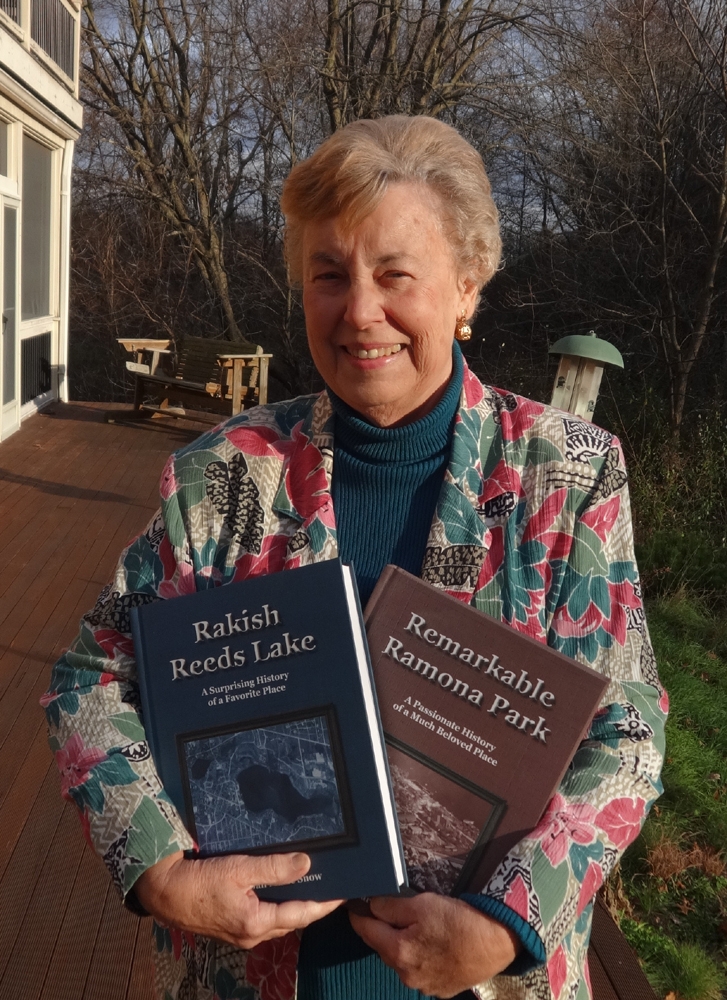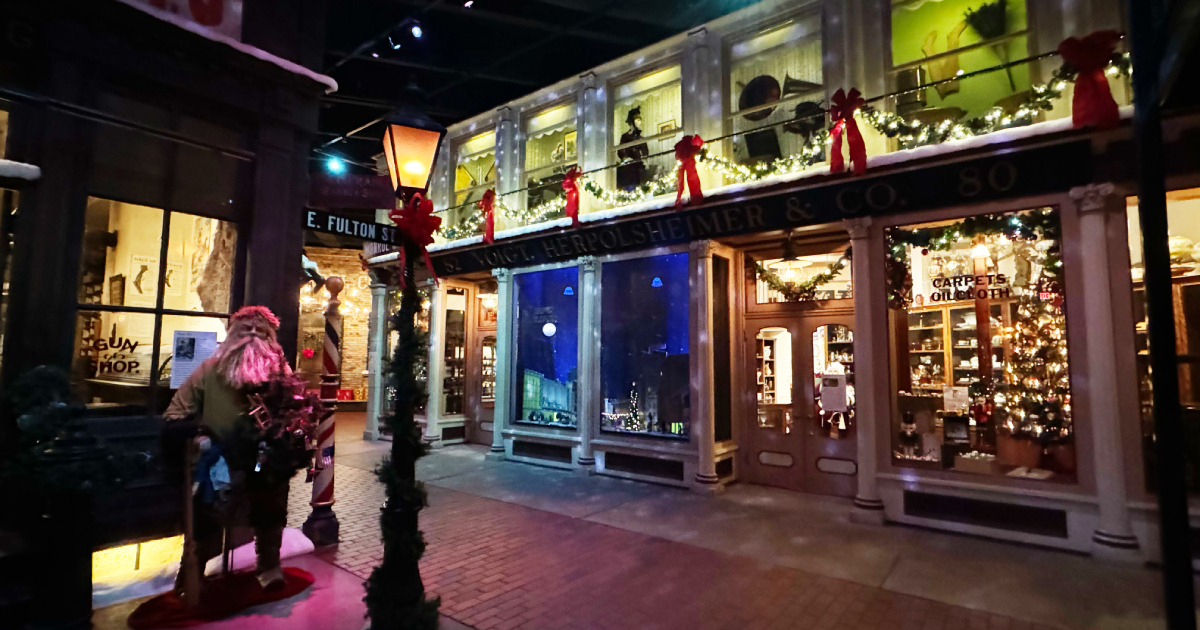One lake. Two-hundred and sixty-five acres of open water. Fifty-two feet down, at its deepest point. And centuries of history. This is Reeds Lake.
Local author Gail Marie Snow has recounted a century of that history in her new book, Rakish Reeds Lake. The book follows 2013’s Remarkable Ramona Park, and together they comprise more than 700 pages of stories, newspaper clippings, photographs and first-hand accounts of the lake East Grand Rapids is built around.
Snow said the project began as just a 15-minute talk for a group of local ladies interested in antiques and history. Instead, it grew into an eight-year project, with Snow spending countless hours searching the archives of local libraries, newspapers and more. In doing so, she uncovered what she describes as a “Surprising History of a Favorite Place” in the book’s subtitle.
“There's virtually nothing left that indicates what went on,” Snow said.
The differences are astounding between the town of old and modern day East Grand Rapids, with its mansions, quaint storefronts and rainbow-lit fountain. For one thing, Snow said that nearly every establishment in the area sold liquor, which is a large part of how the lake and adjacent park became so rakish (a.k.a. bawdy, saucy, licentious).
All the booze, park attractions and various watercraft led to a consistently colorful place on the outskirts of Grand Rapids.
At one point, in the 1890s, the rivalries between passenger vessels on the lake led to what became known as the Reeds Lake Naval Wars. There weren’t any cannonballs fired or anything, but ships did purposefully crash into each other while vying for use of the same docks, at times knocking passengers into the water. In fact, one captain’s 135-foot boat sank another captain’s 40-foot boat by smashing it into the dock.
Even more extraordinary is the list of accidents in Ramona Park and Reeds Lake that led people to the Reeds Lake Sanitarium, including a man whose artery was severed by an exploding bottle of pop and another man who had his bones replaced by a metal rod after his leg was mangled while harvesting ice. Similarly, fires seemed to be almost a common occurrence at the time, with most resorts and a home for retired freemasons all meeting their demise in flames.
And yet, as exciting as many of the tales are, what most people remember about Reeds Lake and Ramona Park are the fond memories. Families and couples visited just to take in the lake, whether it be on a steamboat or rowing themselves around. They’d then ride the Jack Rabbit Derby Racer, a wooden rollercoaster that once stood over what is now a large parking lot and several stores.
Much of the book covers the history of various clubs and sports. Babe Ruth played with the Yankees in the ballpark by Reeds Lake, for instance, because the downtown city’s parks didn’t allow people to play baseball on Sunday. Tales of rowing clubs, ice harvesting, saloons and much more all also lie within Rakish Reeds Lake. It’s for history fanatics, lovers of East Grand Rapids and those who love a good, true story.
Snow is all of those things. After all this time and all this work, she said she plans to take something of a break while continuing to work as a volunteer at the Grand Rapids Public Library and appreciating vintage cars and other antiques with her husband and friends.
“Just about everything we do has something to do with old things,” she said, laughing.
Rakish Reeds Lake is available for purchase at Schuler Books & Music, Papers Plus and Redux.





